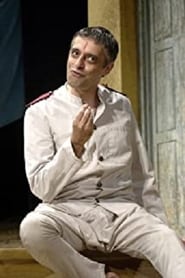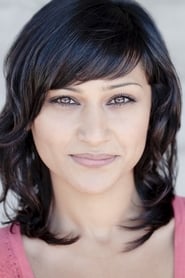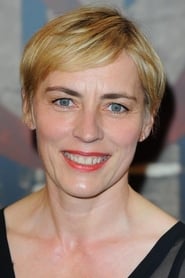
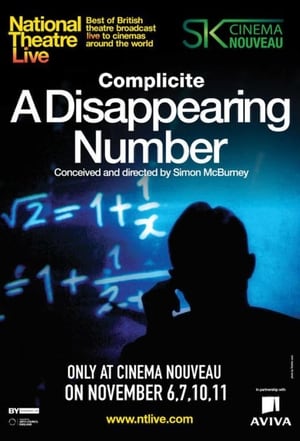
National Theatre Live: A Disappearing Number(2010)
The innovative interweaving of romance and math was conceived. The 2008 Olivier Award winner for Best New Play, it has toured the world and was recently performed in New York as part of the Lincoln Center Festival.

Movie: National Theatre Live: A Disappearing Number
Video Trailer National Theatre Live: A Disappearing Number
Similar Movies
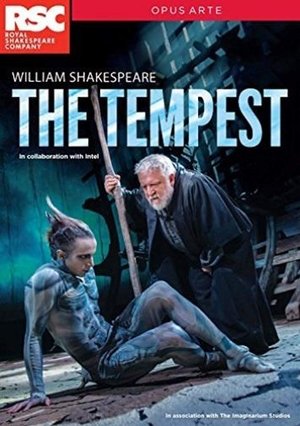 7.0
7.0RSC Live: The Tempest(en)
On a distant island a man waits. Robbed of his position, power and wealth, his enemies have left him in isolation. But this is no ordinary man, and this no ordinary island. Prospero is a magician, able to control the very elements and bend nature to his will. When a sail appears on the horizon, he reaches out across the ocean to the ship that carries the men who wronged him. Creating a vast magical storm he wrecks the ship and washes his enemies up on the shore. When they wake they find themselves lost on a fantastical island where nothing is as it seems.
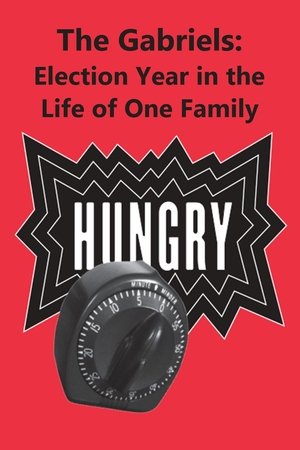 0.0
0.0The Gabriels: Election Year in the Life of One Family, Play One: Hungry(en)
Hungry is the first in a three-play cycle introducing us to the Gabriels of Rhinebeck, New York. These three plays unfold in real time and track the lives of the Gabriels throughout the coming presidential election year. To the rhythm of peeling, chopping and mixing, Hungry places us in the center of the Gabriel’s kitchen. The family discusses their lives and disappointments, and the world at large and nearby. As they struggle against the fear of being left behind, the family attempts to find resilience in the face of loss.
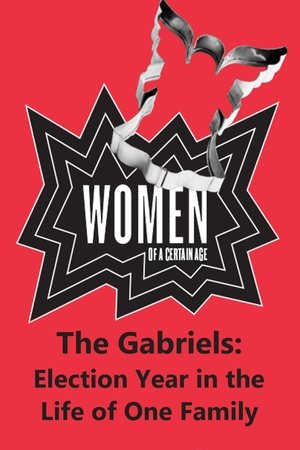 0.0
0.0The Gabriels: Election Year in the Life of One Family, Play Three: Women of a Certain Age(en)
Eight months after we first meet the Gabriels, Patricia, the family matriarch, joins her children and daughters-in-law as they prepare a meal from the past and consider the future of their country, town and home. Paying tribute to the difficult year behind them, the Gabriels compare notes on the search for empathy and authenticity at a time when the game seems rigged and the rules are forever changing.
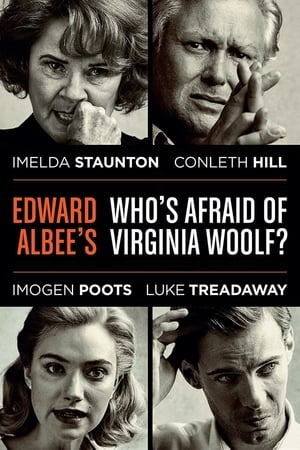 6.2
6.2National Theatre Live: Edward Albee's Who's Afraid of Virginia Woolf?(en)
In the early hours of the morning on the campus of an American college, Martha, much to her husband George’s displeasure, has invited the new professor and his wife to their home for some after-party drinks. As the alcohol flows and dawn approaches, the young couple are drawn into George and Martha’s toxic games until the evening reaches its climax in a moment of devastating truth-telling.
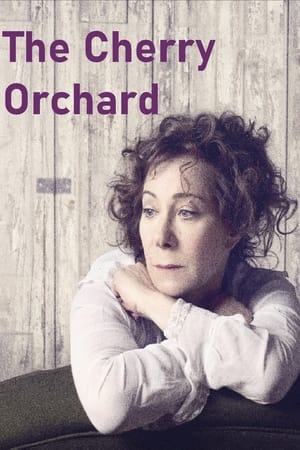 10.0
10.0National Theatre Live: The Cherry Orchard(en)
Madame Ranevskaya is a spoiled, aging aristocratic lady who returns from a trip to Paris to face the loss of her magnificent Cherry Orchard estate after a default on the mortgage. In denial, she continues living in the past, deluding herself and her family, while the beautiful cherry trees are being axed down by the re-possessor Lopakhin, her former serf, who has his own agenda.
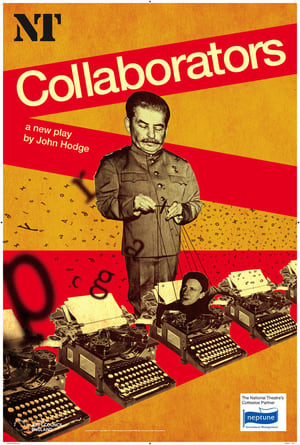 0.0
0.0National Theatre Live: Collaborators(en)
John Hodge's Collaborators centers on an imaginary encounter between Joseph Stalin and the playwright Mikhail Bulgakov.
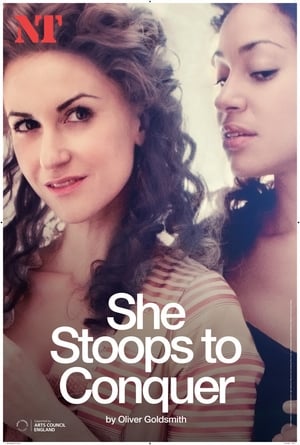 0.0
0.0National Theatre Live: She Stoops to Conquer(en)
Hardcastle, a man of substance, looks forward yo acquainting his daughter with his old pal's son with a view to marriage. But thanks to playboy Lumpkin, he's mistaken by his prospective son-in-law Marlow for an innkeeper, his daughter for the local barmaid. The good news is, while Marlow can barely speak to a woman of quality he's a charmer with those of a different stamp. And so, as Hardcastle's indignation intensifies, Miss Hardcastle's appreciation for her misguided suitor soars. Misdemeanours multiply, love blossoms, mayhem ensues. One of the great, generous-hearted and ingenious comedies of the English language, Goldsmith's She Stoops to Conquer offers a celebration of chaos, courtship and the dysfunctional family.
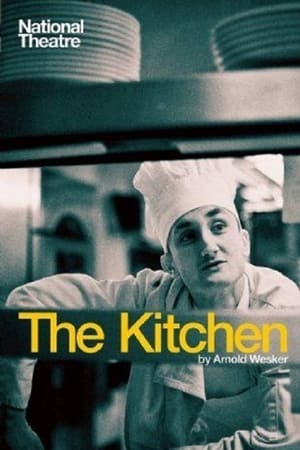 0.0
0.0National Theatre Live: The Kitchen(en)
The Kitchen, Arnold Wesker’s "extraordinary black comedy," is directed by Bijan Sheibani and features an ensemble cast of 29 actors. The production is set in a restaurant in 1950s London.
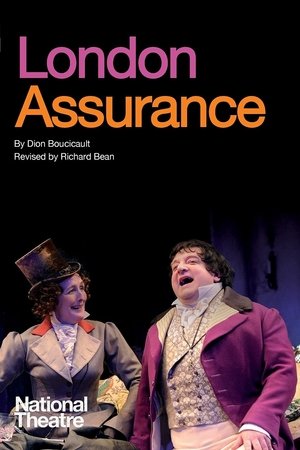 7.0
7.0National Theatre Live: London Assurance(en)
Grace has agreed to marry Sir Harcourt in return for his financial support of her family. At a house party in her father's place, Harcourt's son Charles also falls in love with Grace. When his father appears on the scene, he has to convince him that there is a case of mistaken identity and he is somebody else. Then Lady Gay Spanker, a married woman also visiting at the house, is persuaded by Charles to seduce his father and thus divert his attention from Grace. Much confusion and scheming ensues.
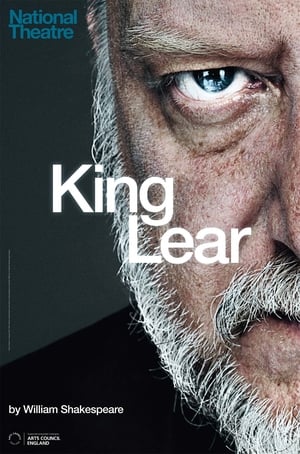 7.1
7.1National Theatre Live: King Lear(en)
An aged king decides to divide his kingdom between his three daughters, according to which of them is most eloquent in praising him. His favourite, Cordelia, says nothing. Simon Russell Beale, whose recent appearances at the National include Timon of Athens and Collaborators, takes the title role in Shakespeare’s tragedy.
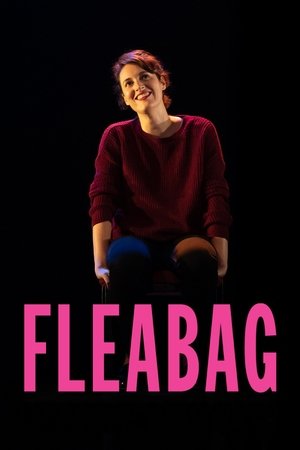 7.7
7.7National Theatre Live: Fleabag(en)
Fleabag may seem oversexed, emotionally unfiltered and self-obsessed, but that's just the tip of the iceberg. With family and friendships under strain and a guinea pig café struggling to keep afloat, Fleabag suddenly finds herself with nothing to lose.
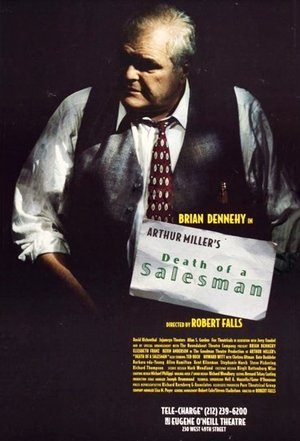 8.5
8.5Death of a Salesman(en)
Willy Loman is an over-the-hill salesman who faces a personal turning point when he loses his job and attempts to make peace with his family: Willy's long-suffering wife Linda, and Biff and Happy, his troubled sons and his life.
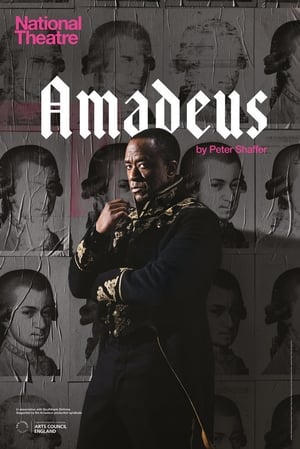 7.4
7.4National Theatre Live: Amadeus(en)
Wolfgang Amadeus Mozart, a rowdy young prodigy, arrives in Vienna, the music capital of the world – and he’s determined to make a splash. Awestruck by his genius, court composer Antonio Salieri has the power to promote his talent or destroy his name. Seized by obsessive jealousy he begins a war with Mozart, with music, and ultimately, with God.
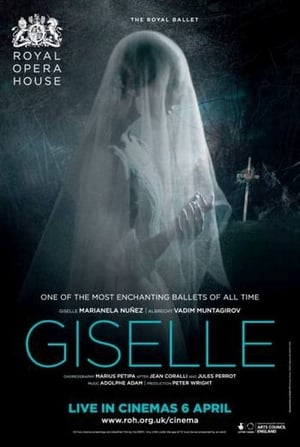 0.0
0.0Giselle(en)
The peasant girl Giselle discovers the true identity of her lover Albrecht – and that he is promised to another. Giselle kills herself. Her soul enters the ranks of the Wilis – shades of young women who died before their wedding day. All men that come across their path are compelled to dance themselves to death, and Albrecht falls into their trap. Giselle’s intercession saves Albrecht and releases her soul from the Wilis’ power.
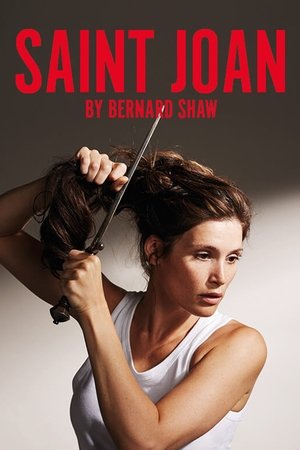 7.0
7.0National Theatre Live: Saint Joan(en)
Josie Rourke directs Gemma Arterton as Joan of Arc in Bernard Shaw's electrifying classic. Performed at the Donmar Warehouse, and part of the NT Live series of broadcasts.
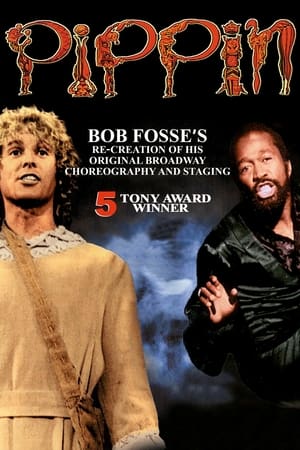 7.6
7.6Pippin(en)
A mysterious performance troupe led by a Leading Player tells the story of Pippin, a young prince on his search for meaning and significance. Taped at Hamilton Place in Hamilton, Ontario, Canada.
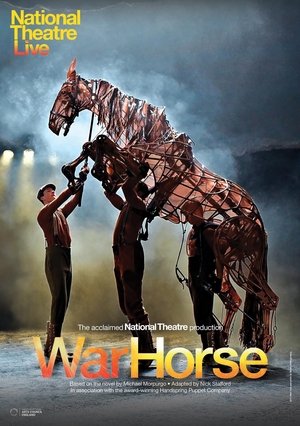 8.8
8.8National Theatre Live: War Horse(en)
Based on Michael Morpurgo's novel and adapted for the stage by Nick Stafford, War Horse takes audiences on an extraordinary journey from the fields of rural Devon to the trenches of First World War France.
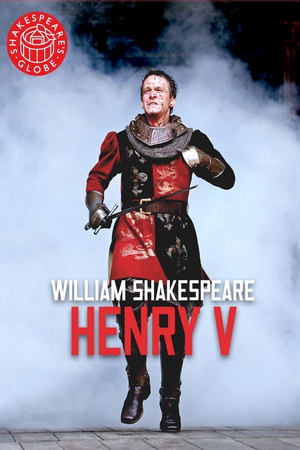 7.0
7.0Henry V - Live at Shakespeare's Globe(en)
Shakespeare’s masterpiece of the turbulence of war and the arts of peace tells the romantic story of Henry’s campaign to recapture the English possessions in France. But the ambitions of this charismatic king are challenged by a host of vivid characters caught up in the real horrors of war. Henry V, which opened the new Globe with the words ‘O for a muse of fire’, celebrates the power of language to summon into life courts, pubs, ships and battlefields within the ‘wooden O’ - and beyond.
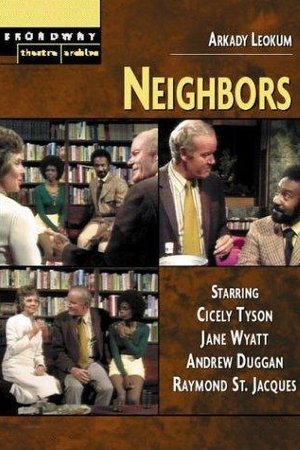 0.0
0.0Neighbors(en)
Racial tensions come out of the woodwork when an upper-class white couple puts their suburban home on the market and the listing draws a pair of equally well-to-do African American buyers from Harlem. Fielder Cook directs this Broadway staging of playwright Arkady Leokum's exploration of lingering racial prejudice in 1970s America.
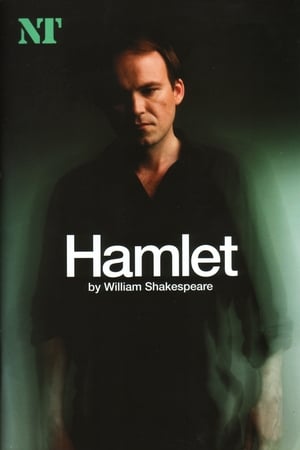 7.8
7.8National Theatre Live: Hamlet(en)
A 2010 broadcast of Hamlet returns to cinemas as part of the NT's 50th anniversary celebrations. Following his celebrated performances at the National Theatre in Burnt by the Sun, The Revenger's Tragedy, Philistines and The Man of Mode, Rory Kinnear plays Hamlet in a dynamic new production of Shakespeare’s complex and profound play about the human condition, directed by Nicholas Hytner. He is joined by Clare Higgins (Gertrude), Patrick Malahide (Claudius), David Calder (Polonius), James Laurenson (Ghost/Player King) and Ruth Negga (Ophelia).


